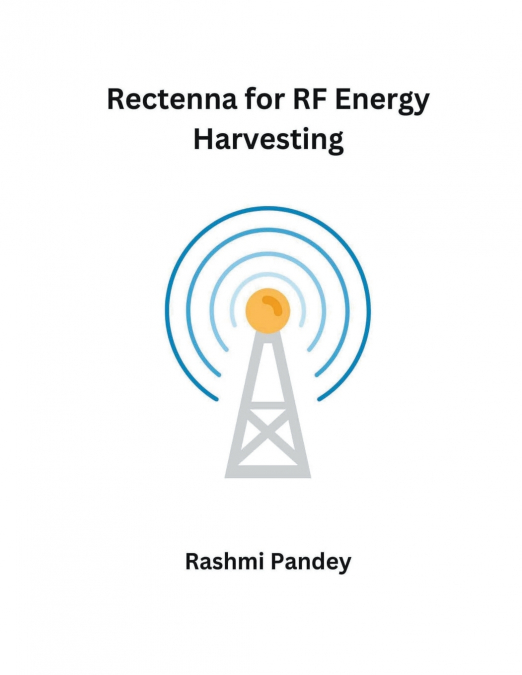
 Librería Perelló (Valencia)
Librería Perelló (Valencia)
 Librería Aciertas (Toledo)
Librería Aciertas (Toledo)
 Librería Elías (Asturias)
Librería Elías (Asturias)
 Donde los libros
Donde los libros
 El AlmaZen del Alquimista (Sevilla)
El AlmaZen del Alquimista (Sevilla)
 Librería Kolima (Madrid)
Librería Kolima (Madrid)
 Librería Proteo (Málaga)
Librería Proteo (Málaga)
As we become more dependent on electricity to accomplish our daily needs, the world has been facing challenging issues related to the supply of energy for energy based appliances. As we know, the greenhouse effect and industrialization expansion cause Ozone layer depletion, climate change, changes in weather patterns, and continuous release of carbon dioxide (CO2). An important issue that has been raised is required to develop a new energy harvesting technique that fulfils the energy demands. Ambient energy is the best substitute to produce energy by the environment and also reduces environmental pollution. Radiofrequency signals are extensively used to transmit information, though, in the field of telecommunications it continues to develop individually from wireless power transfer (WPT). However, RF signals cannot transfer information only, but the available energy can also be harvested by the RF energy harvester. Radio Frequency Energy harvesting (RFEH) is a concept of green and clean energy, where the RF energy is captured by the environment and converting it into electrical energy. It has become a developing technology and increasing research interest in the last five years. It would be a great choice to supplement the present energy harvesting technologies for example solar, thermal, wind, and vibration energy. In the last few years, RF energy harvesting has extended the research interest from environmental energy. With the rapid growth of RF sources such as cellular systems, many wireless communication devices, FM transmitters. receivers, cellular mobile stations, Wi-Fi devices, and TV stations, the radiation power of ambient energy is increased rapidly which empowers the small powered devices. Harvesting the energy from the available RF signals enables the powering of Jaw-power devices such as wireless sensor networks and medical implants. It could make devices self-sustainable and easy to operate by prolonging the operation period of the battery or eliminating the need for batteries. It has a lot of applications in the field of the Internet of Things (IoT) and this would be beneficial to power up the devices remotely.